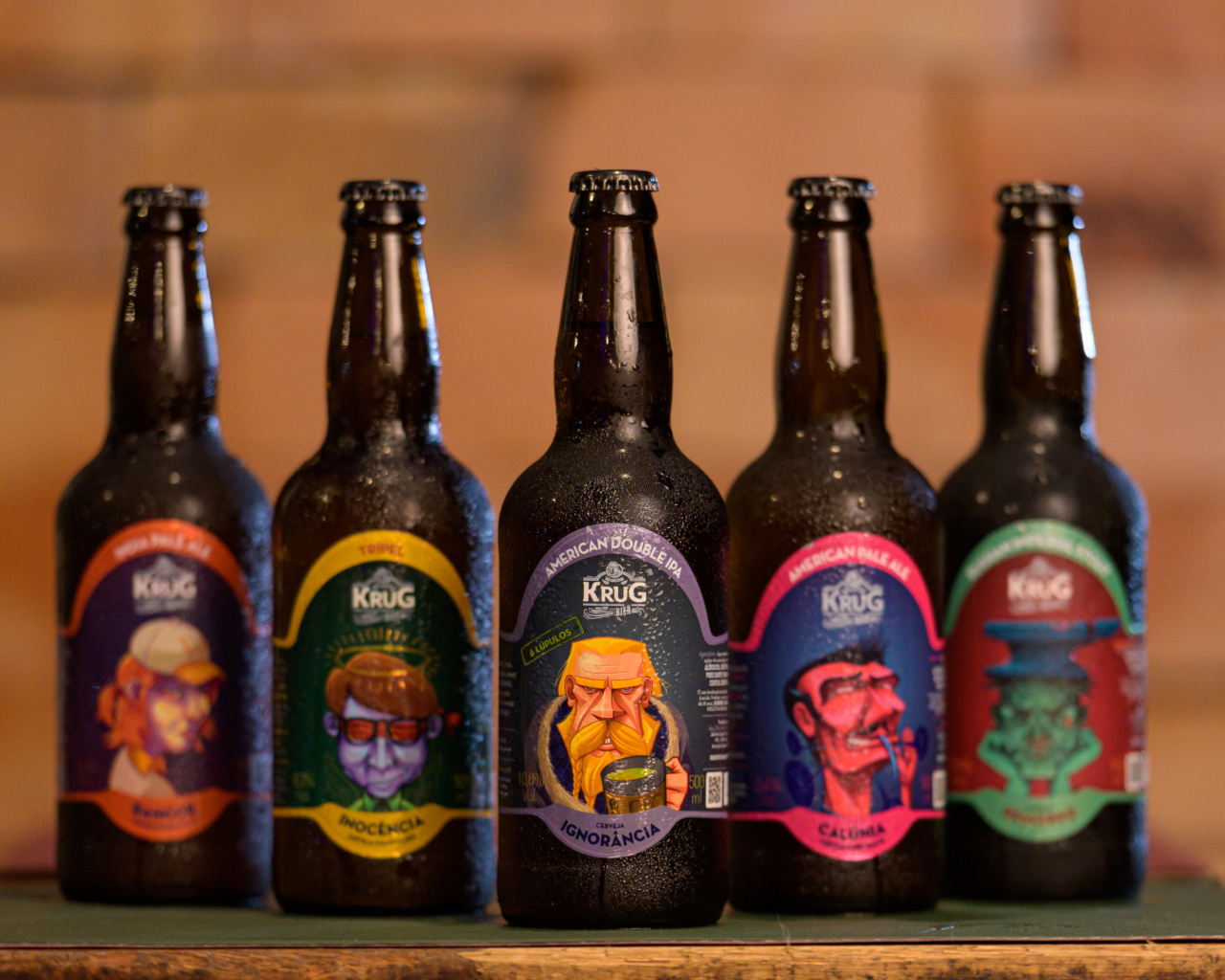Alcohol has a significant impact on the brain and its functioning. From short-term effects to long-term consequences, understanding the relationship between alcohol and the brain is crucial.
Let’s explore everything you need to know about how alcohol affects the brain.
The Basics: How Alcohol Works in the Brain
When consumed, alcohol enters the bloodstream and quickly reaches the brain. It affects various neurotransmitters, including gamma-aminobutyric acid (GABA) and glutamate, which are responsible for regulating brain activity.
Alcohol suppresses the excitatory neurotransmitter glutamate, resulting in the characteristic sedative effects. Simultaneously, alcohol enhances GABA, creating an overall calming effect on the brain and nervous system.
Short-Term Effects of Alcohol on the Brain
When you drink alcohol, you may experience immediate changes in cognitive functions and behavior. Here are some short-term effects:.
1. Impaired judgment: Alcohol alters decision-making abilities and may lead to risky behavior or poor choices.
2. Slowed reflexes: Alcohol affects the central nervous system, slowing down reaction times and impairing coordination.
3. Memory problems: Excessive drinking can lead to temporary blackouts and gaps in memory formation.
4. Emotional changes: Alcohol can intensify existing emotions or lead to unpredictable mood swings.
5. Concentration difficulties: Alcohol affects focus and concentration, making it harder to perform tasks that require mental effort.
The Relationship Between Alcohol and Neurotransmitters
As mentioned earlier, alcohol interacts with neurotransmitters in the brain. Here’s an overview of this relationship:.
1. GABA: Alcohol enhances GABA activity, which contributes to the sedative and relaxing effects of alcohol. However, excessive alcohol consumption can impair memory and motor coordination due to GABA overactivity.
2. Glutamate: Alcohol suppresses glutamate, leading to a decrease in brain activity. This suppression causes the drowsiness and slowed reflexes associated with alcohol consumption.
Long-Term Effects of Alcohol on the Brain
While the short-term effects of alcohol are concerning, the long-term consequences can be even more severe. Here are some long-term effects of alcohol on the brain:.
1. Structural changes: Prolonged alcohol abuse can lead to structural changes in the brain, including a reduction in overall brain volume and shrinkage of specific brain regions.
2. Cognitive impairment: Chronic alcohol abuse can result in memory problems, difficulty with abstract thinking, and reduced problem-solving abilities.
3. Wernicke-Korsakoff syndrome: This is a severe neurological disorder caused by thiamine deficiency due to alcohol abuse. It can lead to memory loss, confusion, and vision problems.
4. Increased risk of mental health disorders: Alcohol abuse is strongly associated with the development of mental health conditions such as depression, anxiety, and schizophrenia.
5. Alcohol dependence: Excessive and prolonged alcohol consumption can lead to tolerance, physical dependence, and addiction.
The Impact of Binge Drinking on the Brain
Binge drinking, defined as consuming a significant amount of alcohol within a short period, has an especially detrimental impact on the brain. Here’s how binge drinking affects brain function:.
1. Neurotoxicity: Binge drinking increases neurotoxicity, leading to more severe damage to brain cells and cognitive functioning.
2. Increased risk of brain disorders: Individuals who engage in binge drinking have a higher risk of developing alcohol-induced brain disorders, such as alcoholic hepatitis, alcoholic liver disease, and alcoholic neuropathy.
3. Impaired brain development: Binge drinking during adolescence can result in long-lasting deficits in brain development, affecting cognitive abilities and increasing the risk of alcohol-related problems later in life.
Alcohol and the Aging Brain
The effects of alcohol on the brain can be even more pronounced in older adults. Here’s what happens when alcohol interacts with the aging brain:.
1. Increased cognitive decline: Alcohol consumption accelerates age-related cognitive decline, leading to conditions such as dementia and Alzheimer’s disease.
2. Reduced tolerance: Aging reduces the body’s ability to metabolize alcohol, leading to higher blood alcohol levels for longer durations. This can result in increased cognitive impairment and heightened vulnerability to accidents.
Seeking Help and Recovery
If you or someone you know is struggling with alcohol abuse or addiction, seeking help is vital. Treatment options include:.
1. Therapy: Counseling, both individual and group therapy, can help individuals address the underlying causes of their alcohol abuse and develop healthier coping mechanisms.
2. Medication: In certain cases, medication can be prescribed to assist with the recovery process, such as medications that deter alcohol consumption or manage withdrawal symptoms.
3. Support groups: Joining support groups, such as Alcoholics Anonymous (AA), can provide a supportive community of individuals going through similar challenges.
4. Lifestyle changes: Making positive lifestyle changes, incorporating exercise, healthy eating habits, and stress-reduction techniques, can significantly contribute to recovery.
Conclusion
Alcohol can have a profound impact on the brain, both in the short and long term. Understanding the relationship between alcohol and the brain is essential for making informed decisions about alcohol consumption and seeking help when needed.
Remember, reaching out for support and treatment is always the first step towards recovery and a healthier life.































